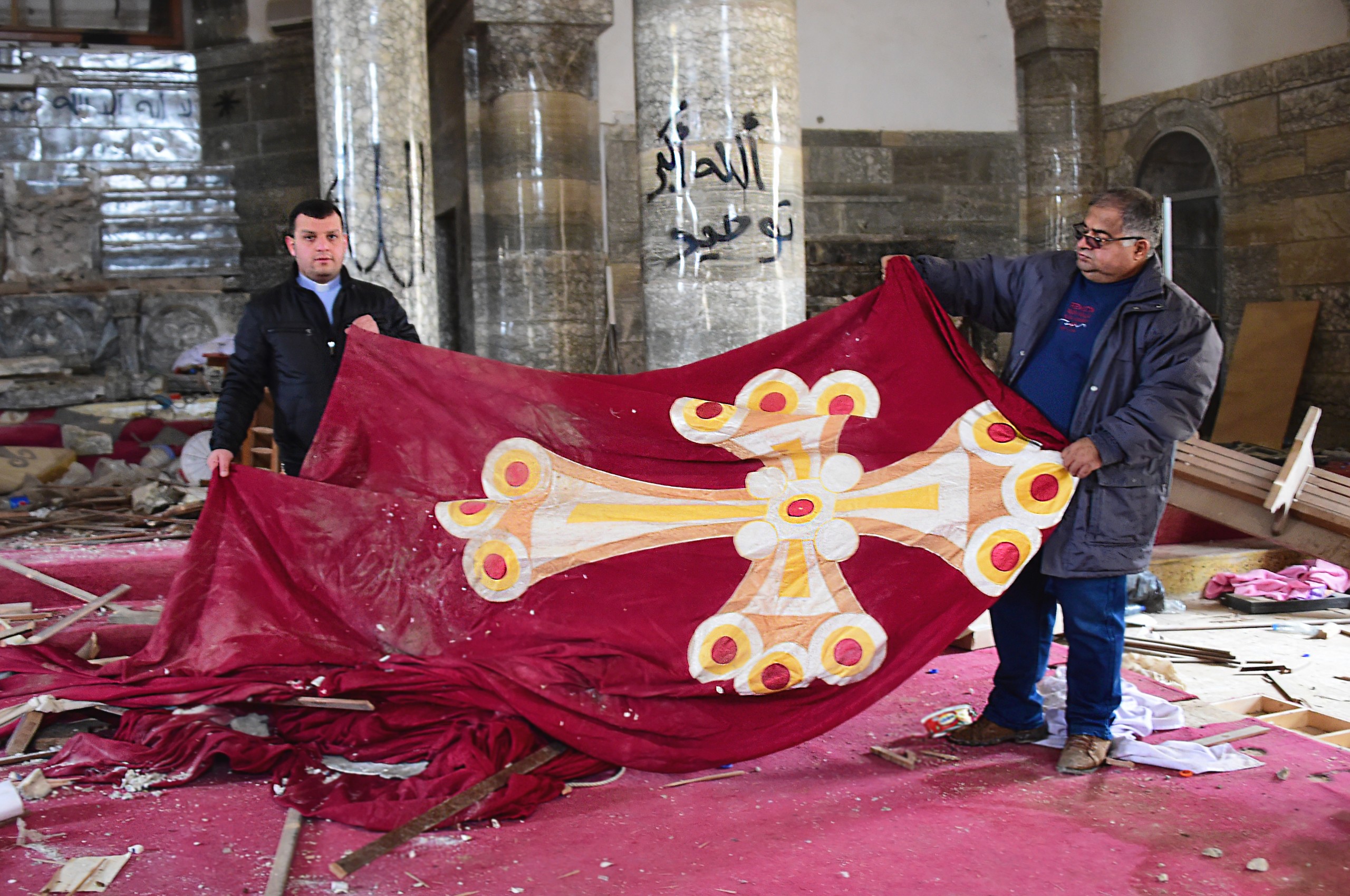Despite the COVID-19 pandemic and ongoing security concerns, Pope Francis is determined to visit Iraq to pay homage to Christian and other minorities persecuted for their faith and to strengthen the commitment of the overwhelming majority of Iraqi Muslims to creating a future of peace and harmony.
As a pilgrim March 5-8, he will visit churches that were destroyed by militants of the Islamic State group, and as a global religious leader, he will hold an interreligious meeting near the ancient city of Ur, birthplace of Abraham.
Pope Francis is truly a father because he really wants all human beings to be united — not only Catholics, Orthodox and Protestants — but he is broadening his embrace to include the Islamic world,” said Shahrzad Houshmand Zadeh, a Shiite Muslim theologian who has taught at the Pontifical Gregorian University in Rome.
Holding an interreligious meeting at the birthplace of Abraham, recognized as the patriarch of monotheistic faith by Jews, Christians and Muslims, “can shake people’s consciences to remind us of our common origin,” she said. “It’s like going home and finding our brothers and sisters again.”
Jesuit Father Joseph Cassar, the Irbil-based country director for Jesuit Refugee Service, noted that the theme of Pope Francis’ visit is “You are all brothers.”
“That message really needs to be heard loud and clear and taken to heart by everyone, Christians included,” he said. “Years, decades, of conflict and sectarian division have really wreaked havoc on Iraq,” destroying whole villages, but even more, tearing the social fabric “to shreds.”
“It’s easier for people who have not suffered the way the (Iraqi) Christians have to say, ‘We must have reconciliation. We must live together.’ But we mustn’t forget that this is what the Christians have done there for so long,” says Regina Lynch, ACN’s International Project Director. “They’ve always been a minority in the last centuries and yet they are a bridge between different groups, different Islamic groups as well.”
Lynch was in Irbil in 2014 a week after waves of displaced Christians arrived in the city fleeing Islamic State militants.
“I remember one or two people recounting how, when they were leaving their homes with the bare necessities because they had to leave really quickly, some of them were hurt — maybe even bitter — because they saw their former neighbors going into their houses and ransacking them.”
One of ACN’s big programs was to assist Christians who wanted to return to their villages and homes. The charity helped rebuild their houses and, as a gift, gave each family an olive tree, a plant that provides fruit and oil, but also is a symbol of life and of peace.
Now, she said, ACN is helping to restore Catholic and Orthodox churches and convents, but also kindergartens and community halls, both of which are important gathering places for Christians and Muslims.
The Pope is scheduled to visit the Syriac Catholic community’s Al-Tahera Church in Qaraqosh, a church ACN helped restore.
Credit: Crux





